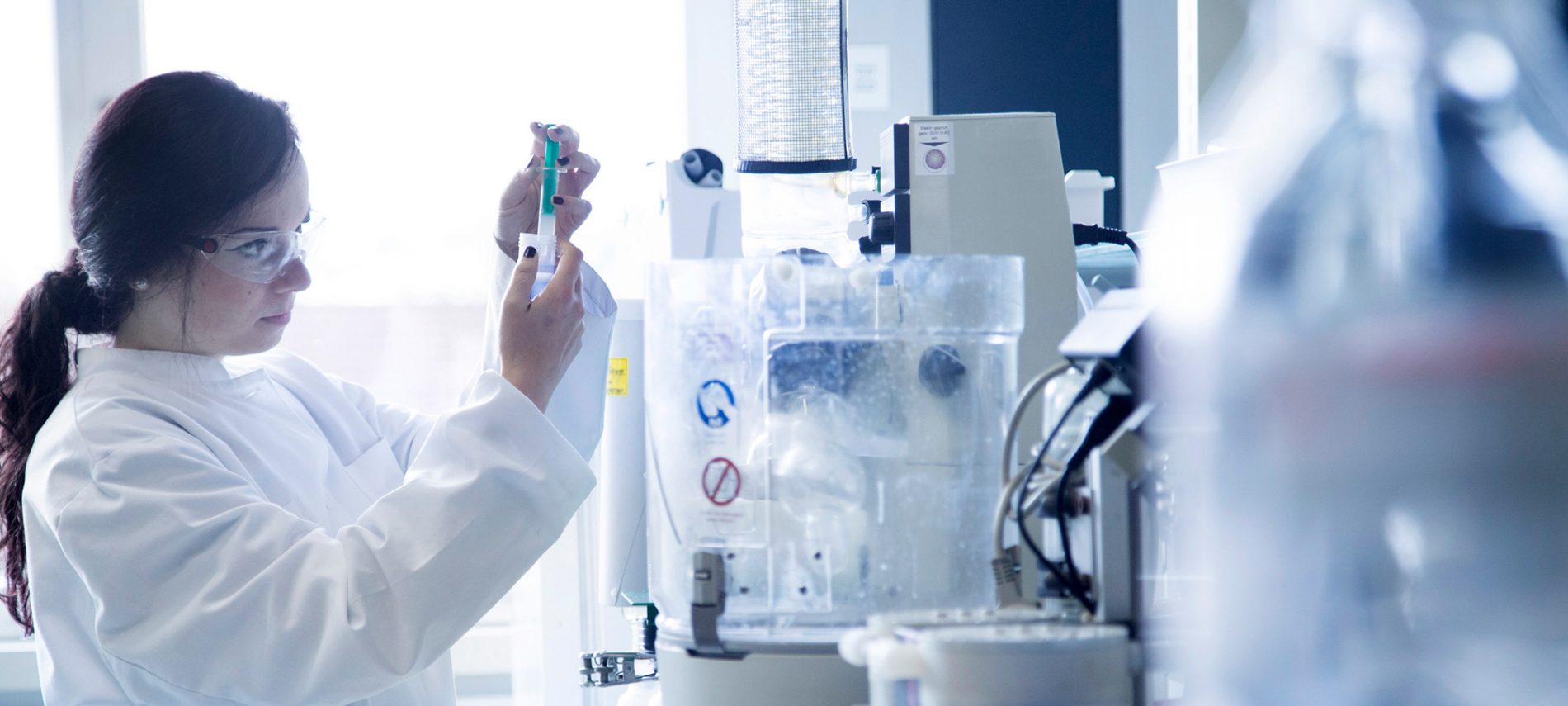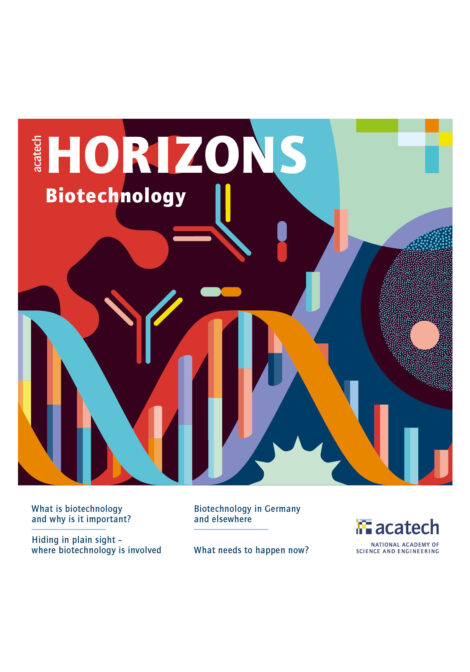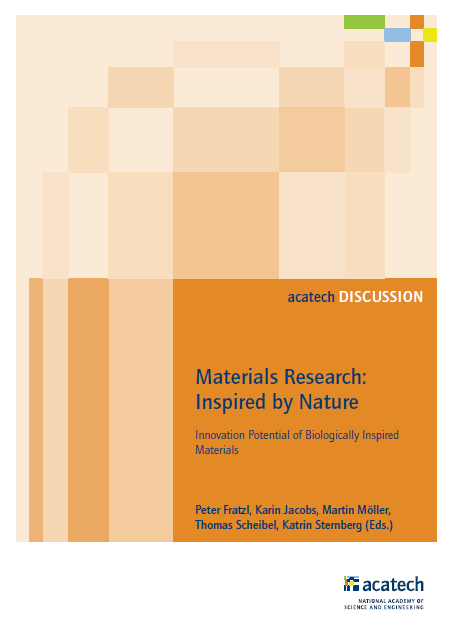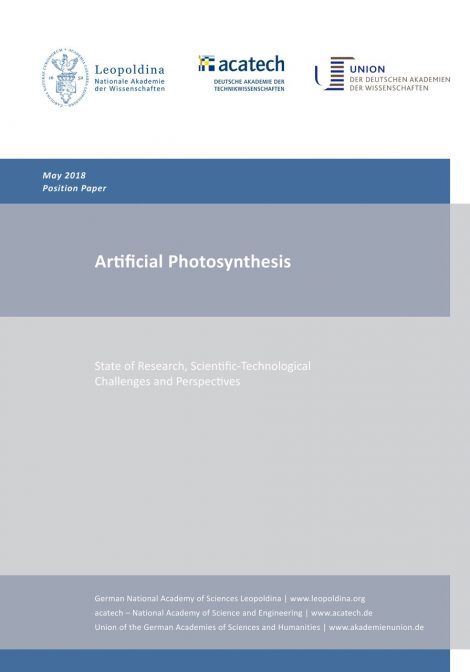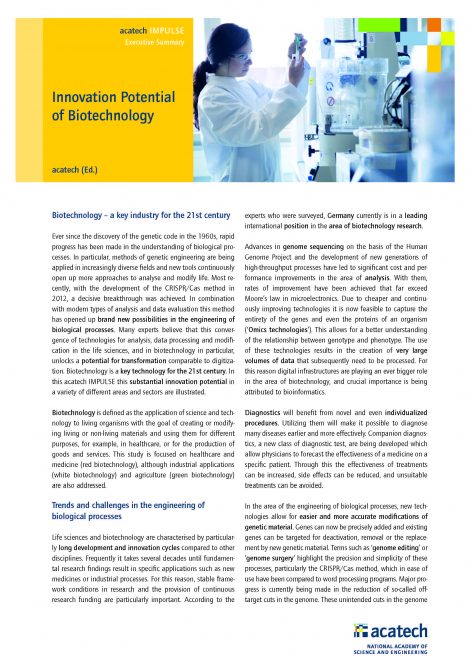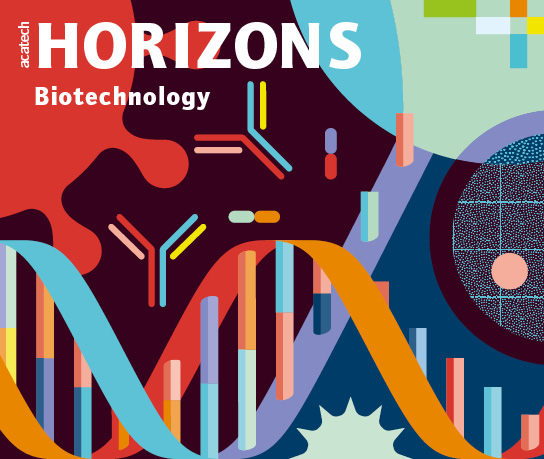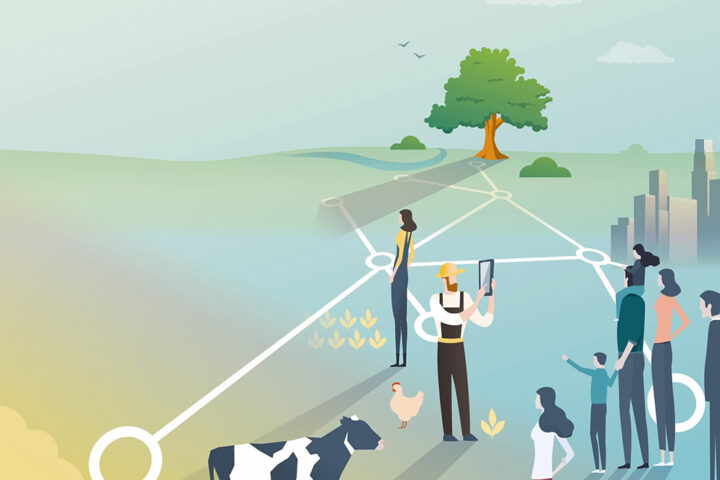What comes after digitalisation? It is becoming increasingly clear that the implications of biotechnology are at least as important as those of digitalisation. An acatech IMPULSE on the “Innovation Potential of Biotechnology” concludes that biotechnology is a key technology for the 21st century. Biotechnology was also the subject of an Innovation Dialogue with the German Chancellor that was organised by acatech. The topic was subsequently included in the coalition agreement of the German government, which provides for an interministerial agenda “From Biology to Innovation”.
A few years ago, many companies regarded digital technology as a tool, rather than as something that drives innovation throughout industry. Biotechnology finds itself in a similar position today. We need a wake-up call – it is not enough for Germany to be good at research, it must also be good at developing state-of-the-art biotechnology applications.
Herrmann Requardt, acatech Executive Board member
CRISPR/CAS, rapid analysis techniques and big data
The field of biotechnology is developing rapidly thanks to the combination of new techniques and digital technology:
- The speed of genome, proteome and metabolome analysis techniques is increasing significantly faster than the rate that Moore’s Law describes for the microelectronics industry.
- CRISPR/CAS “gene scissors” allow genome editing to be carried out with surgical precision. One as yet unanswered policy question concerns the extent to which the regulatory framework for conventional genetic engineering techniques still applies to this new method.
- Genome analysis generates huge quantities of data that can now be harnessed thanks to big data. As computers grow more and more powerful, they are able to digitally simulate new techniques, further accelerating the research process.
- New synthetic biology techniques are being used to develop customised artificial genomes instead of editing natural ones. An overview of this research field was published by acatech, the DFG and Leopoldina as long ago as 2009.
CCRISPR-Cas9 can do tremendous good for humanity, but we must of course use it responsibly. For example, I and most of my colleagues do not agree with human germline editing that influences the genetic make-up of future generations.
Emmanuelle Charpentier, Director at the Max Planck Institute for Infection Biology and acatech Member
Ground to make up in biotechnology applications
Biotechnology is one of the fastest-moving technology fields of our time. Germany is good at biotech science and research, but other countries are stronger when it comes to biotech applications and start-ups.
acatech IMPULSE “Innovation Potential of Biotechnology”, p. 6
The importance of an open public debate
Biotechnology is a recurring theme in the public debate. Open, dialogue-based technology communication is thus particularly important in this area. acatech has investigated the development of the public debate on biotechnology over the past few years. Looking ahead, the Academy describes a vision of sustainable biotechnology communication that actively engages with the public and their knowledge, values and interests.


